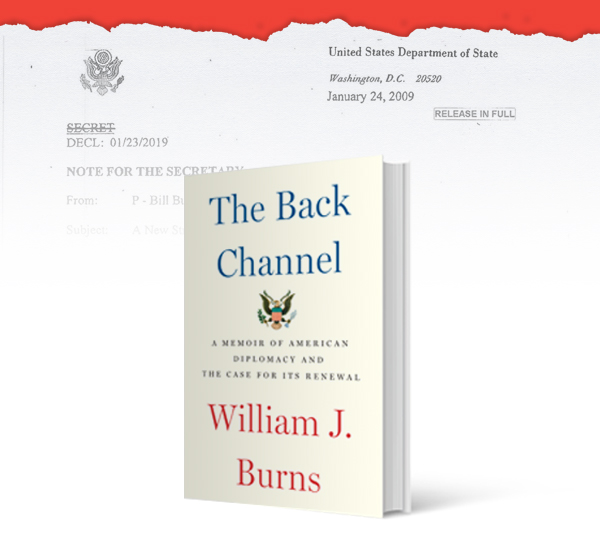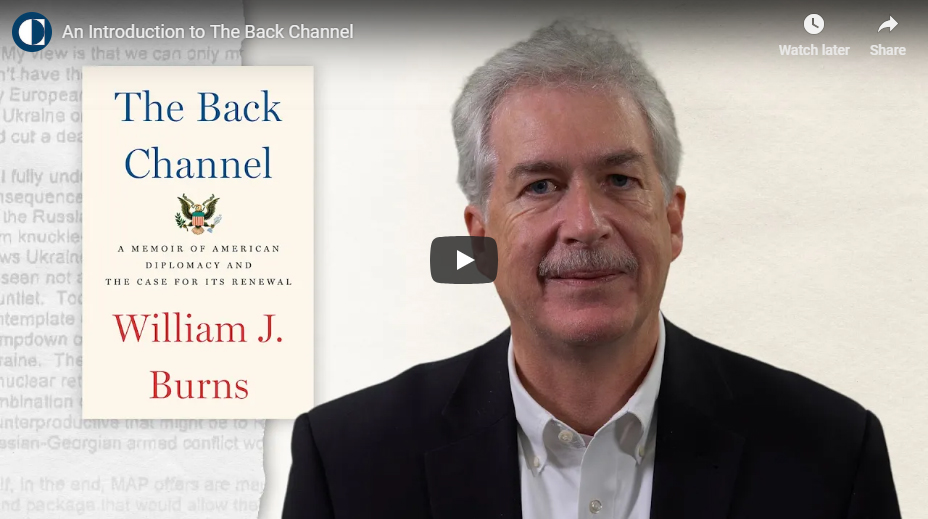Grande notícia para todos aqueles que trabalham em pesquisas de arquivos sobre as relações exteriores dos EUA e do Brasil: os National Archives acabam de colocar toda uma nova série de arquivos do Departamento de Estado à disposição dos interessados nas relações exteriores dos EUA do início do século XX. O periodo 1906-1910 correspondeu justamento ao momento em que o Brasil fazia o seu esforço de “coffee valorization” (pós-Convênio de Taubaté) e chegou a ser processado por conduta anti-competitiva em tribunais de Nova York. Tratou-se, digamos assim, da entrada oficial do Brasil nas relações econômicas internacionais, mas sempre pelo nosso lado “gauche”, ou seja, protecionista, mercantilista, intervencionista nos mercados.
Para os lexicógrafos, “valorization” é a primeira palavra “brasileira” a ingressar no vocabulário do Inglês, muitas décadas antes do famigerado “jeitinho” e da Bossa Nova. Que glória...
Aproveito para dizer que o Guia que organizei 20 anos atrás sobre os arquivos americanos voltados para a história do Brasil encontra-se ainda disponível na Biblioteca Digital da Funag, mas agora há que contar com esta significativa melhoria nas condições de acesso aos recursos do NARA (deve estar ocorrendo nos demais arquivos também). Vou fazer nova postagem sobre isso e preparar um novo capítulo sobre o NARA.
Mas o próprio NARA possui amplos recursos explicativos:
“ Foreign Relations of the United States can assist with locating documentation of interest. The file number of each source document is found in the printed document heading. You can find the series online here.”
Paulo Roberto de Almeida
Now Available Online: Department of State Central Files, 1906-1910 (The Numerical and Minor Files)
Today’s post was written by David Langbart, archivist in Textual Reference at the National Archives in College Park, MD.
A previous post introduced the National Archives program to digitize its microfilm publications beginning with those of the Department of State. It discussed the digitization of the records that constitute the central files of the Department for the period from 1789 to 1906, when the Department adopted a new filing system. Related records, not part of that project, already online cover the Department’s central files for the 1906-1910 period.
The late nineteenth and early twentieth centuries saw the advent of “scientific recordkeeping” in the United States. U.S. government agencies moved from the traditional registry systems to more modern filing systems. The Department of State was among the last of the cabinet agencies to do so. The system in use beginning in 1789 presented many problems. Not the least of them was that documents on a given topic were filed in numerous separate series. Among other things, this meant that incoming communications were filed separately from their answers or from documents to which they referred. Even more challenging was locating documents on a given topic when they originated from multiple diplomatic and consular posts overseas, multiple foreign diplomatic offices in the United States, and other government agencies. Because of the filing system, those documents were widely scattered.
To rectify this situation, Secretary of State Elihu Root, who earlier oversaw modernization of War Department filing when he was Secretary of War, mandated the establishment of a new filing system for the Department of State. The new system went into effect on August 15, 1906. In that system, the different types of documents previously filed in separate series plus internal Departmental documentation were brought together in one or the other of two parts, the Numerical File or the Minor File.
- The Numerical File (known initially as the Major File) is the main file. It contains the primary documents on all aspects of U.S. foreign policy and Department of State business. The records are arranged in numbered subject case files. There are over 25,000 numbered files. There is no arrangement to the files; as each new case in the Numerical File was opened, it received the next number in sequence. In some instances, there is more than one file on a given subject. The documents within a file are arranged in rough chronological order.
- The Minor File contains records on matters that were considered routine. The files are arranged in alphabetical order by name of the country for American diplomatic posts, the adjectival name of a country for foreign diplomatic posts in the U.S. (e.g. – “German embassy”), by name of city for American consular posts, and by name of correspondent for letters to and from other sources, including other government agencies.
The entirety of the Numerical and Minor Files is available on microfilm (M862, 1,241 rolls). These records have been digitized and are now available through the National Archives Catalog. Roll-by-roll listings with links to images are at:
- Numerical Files NAID 654171
- Minor Files NAID 656890
The Numerical and Minor Files were a major improvement in Department of State recordkeeping, but ultimately they did not meet its requirements. The number of cases grew to an unmanageable level and it became clear that a more flexible filing system was necessary. After a period of study, in August 1910, a new filing system, the Central Decimal File, went into operation. That system, in one form or another, was in use through January 1963. Generally, when the documentation on the subject of a Numerical File carried over into the new system, the last page of the file is a note indicating the file number under the new system.
File Numbers
As each subject case was opened, it was given the next number in sequence without regard to subject. For example, File 5275, dealing with political relations between the United States and Greece, is followed by File 5276, which deals with the American Consular Agency at Sunderland, England. In some cases there are multiple files on essentially the same subject; for example, records on political relations between the United States and Greece are in Files 5275, 13221, and 19189.
The first document in the file bears the case number without any other designation. Subsequent documents are given a unique enclosure number separated from the file number with the slash (/) mark. For example, the documents in File 5275 would appear in order as 5275, 5275/1, 5275/2, etc.
One problem researchers face with locating specific documents is that in most cases the file number does not appear on the face of the first page. Rather, it appears on the back of the last page or wrapper of the document. This can make it difficult to locate the file number and associate it with a specific document.
Finding Aids
The primary finding aid to the Numerical and Minor Files is the Card Index. That index is arranged in one alphabetical run by individual name, the name of the city in which a U.S. consulate was located, the name of the country in which a U.S. diplomatic post was located, the adjectival name of a country for foreign diplomatic posts in the U.S. (e.g. – “Belgian legation”), or by subject, thereunder as “From” or “To” and thereunder chronologically. In general, each index card includes the name of the sender or addressee, the date, a brief summary of the subject of the document, and an indication of the file location. For documents in the Numerical File, the case and individual document numbers are given (e.g. 8643/3). For documents in the Minor File, only the designation “Minor File” is provided.
The Card Index is available on microfilm (M1889, 86 rolls) and online through the National Archives Catalog. A roll-by-roll listing with links to images is in the catalog under NAID 656824.
Foreign Relations of the United States can assist with locating documentation of interest. The file number of each source document is found in the printed document heading. You can find the series online here.
More Information
You will find detailed supplemental information, including roll listings, in the descriptive pamphlet for each of the microfilm publications noted above. You can view those pamphlets in the Microfilm Catalog (accessible through Research Our Records) or at the links below. To find them in the Microfilm Catalog, search under the publication number. Once you reach the entry for the publication of interest, click on “View Important Publication Details” in the upper-right-hand corner of the screen.




